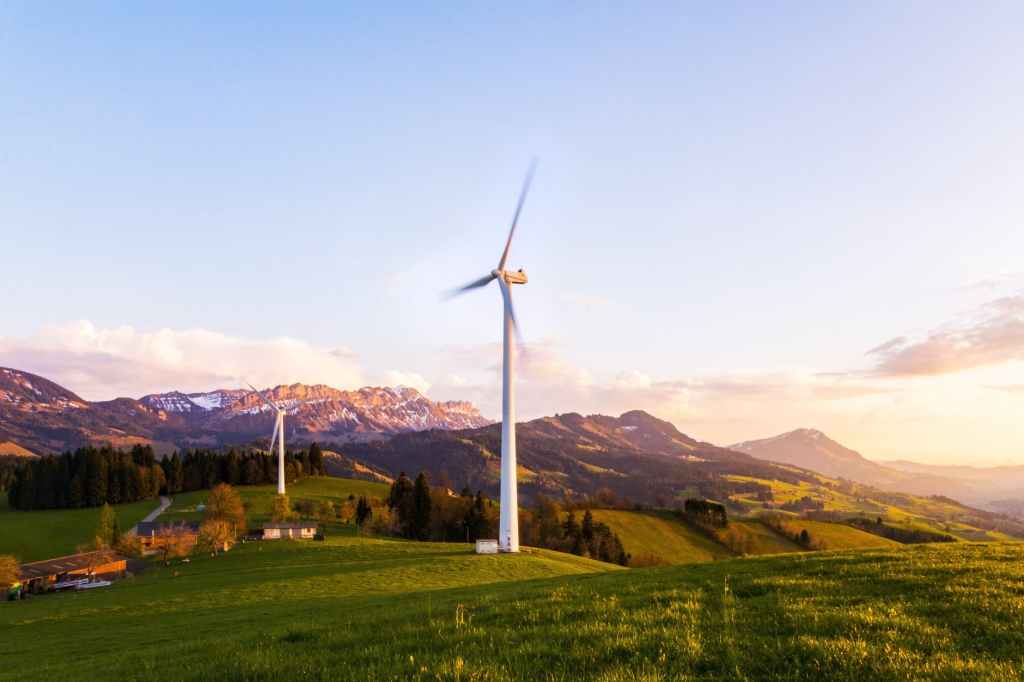An up-and-coming field in economics, and one that sets itself against the norms of neo-classical economics, ecological economics is becoming increasingly relevant in recent years due to the realisation that we are currently on track for, if not already in, a climate crisis. But firstly, what is ecological economics, and what does it aim to achieve?
Origins
Ecology and economics both originate from the Greek word ‘oikus‘, meaning household. Economics is the management of the household, while ecology is the study of the household itself. By household, we are referring to nature and the resources it provides. However, despite this clear and obvious link, ecological economics is still quite a recent field – it was founded in the 1980s, while economics as a whole has been around since the 18th century.
Aim
In the words of Herman Daly, a prominent academic in the field, ecological economics concerns itself with three main ideas in the order given, each of which we will explore in further detail in future articles:
- Scale of economic activity (with regard to limits)
- Distribution of natural resources (with regard to equity and fairness)
- Allocation (with regard to efficiency)
Key Ideas/Aspects
Transdisciplinary – As a field which focuses on bridging the gap between ecology and economics, combining knowledge from both subjects into one field and thus going beyond just being interdisciplinary
Degrowth – This is a big idea within ecological economics, and although the name may suggest otherwise, it is not negative growth. We will explore this further in future articles, but degrowth can be defined as ‘an equitable downscaling of production and consumption that increases human well-being and enhances ecological conditions‘
Pluralism of Goals – One issue that ecological economics highlights is that often economists focus on one goal (such as higher GDP, which is often criticised as a measure of economic welfar – see my article here) and trying to maximise it. Instead, there should be multiple goals, and rather than trying to maximise one, we should aim to be sufficient across all of them. Kate Raworth’s Doughnut model, another concept we’ll look at in a future article, is a good example of this.

There are many more key ideas and aspects within ecological economics which we will come to explore in coming articles, and these are by no means the top 3, but they hopefully give an insight into what ecological economics is and what it focuses on.


Leave a comment